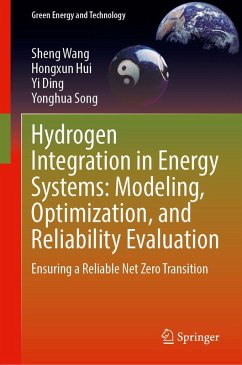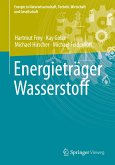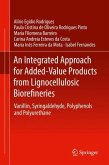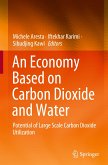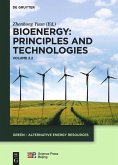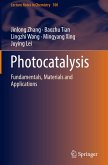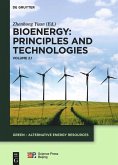This book explores the hydrogen integration in energy systems from a whole system optimisation perspective. The book introduces new modelling, optimisation, and reliability evaluation approaches that support the net zero transition.
Global warming has been witnessed in the past few decades as caused by the emission of greenhouse gases, such as carbon dioxide, it not only affects the habitat of animals but also threatens the lives of mankind in modern societies. Around the world, resulting from the excessive consumption of fossil fuels, such as natural gas, the energy sector is the culprit behind carbon dioxide emissions and climate change. To achieve net zero ambitions, energy systems worldwide urgently call for cleaner energy sources. Green hydrogen, produced through power-to-gas facilities using surplus renewable energy generation, has emerged as a promising solution. However, because hydrogen shares distinguished properties with natural gas, many fundamental questions, including how to smoothly integrate hydrogen into the existing energy systems, how to operate such a new structured energy system, and what is the systematic impact, remain unclear. To answer these questions and bridge the research gap, this book aims to develop new modelling, optimization, and reliability evaluation approaches that support the transition of current energy systems to hydrogen-integrated energy systems (HI-ES).
This book sets the theoretical foundations for developing more advanced control strategies and application scenarios for HI-ES, and inform policy makings through bespoke advice on hydrogen integration road maps.
Global warming has been witnessed in the past few decades as caused by the emission of greenhouse gases, such as carbon dioxide, it not only affects the habitat of animals but also threatens the lives of mankind in modern societies. Around the world, resulting from the excessive consumption of fossil fuels, such as natural gas, the energy sector is the culprit behind carbon dioxide emissions and climate change. To achieve net zero ambitions, energy systems worldwide urgently call for cleaner energy sources. Green hydrogen, produced through power-to-gas facilities using surplus renewable energy generation, has emerged as a promising solution. However, because hydrogen shares distinguished properties with natural gas, many fundamental questions, including how to smoothly integrate hydrogen into the existing energy systems, how to operate such a new structured energy system, and what is the systematic impact, remain unclear. To answer these questions and bridge the research gap, this book aims to develop new modelling, optimization, and reliability evaluation approaches that support the transition of current energy systems to hydrogen-integrated energy systems (HI-ES).
This book sets the theoretical foundations for developing more advanced control strategies and application scenarios for HI-ES, and inform policy makings through bespoke advice on hydrogen integration road maps.

